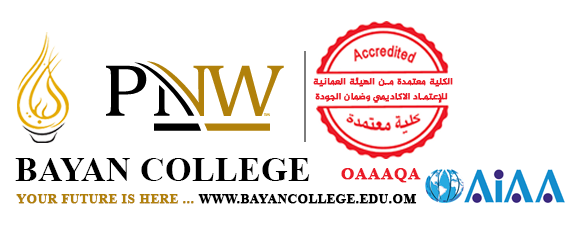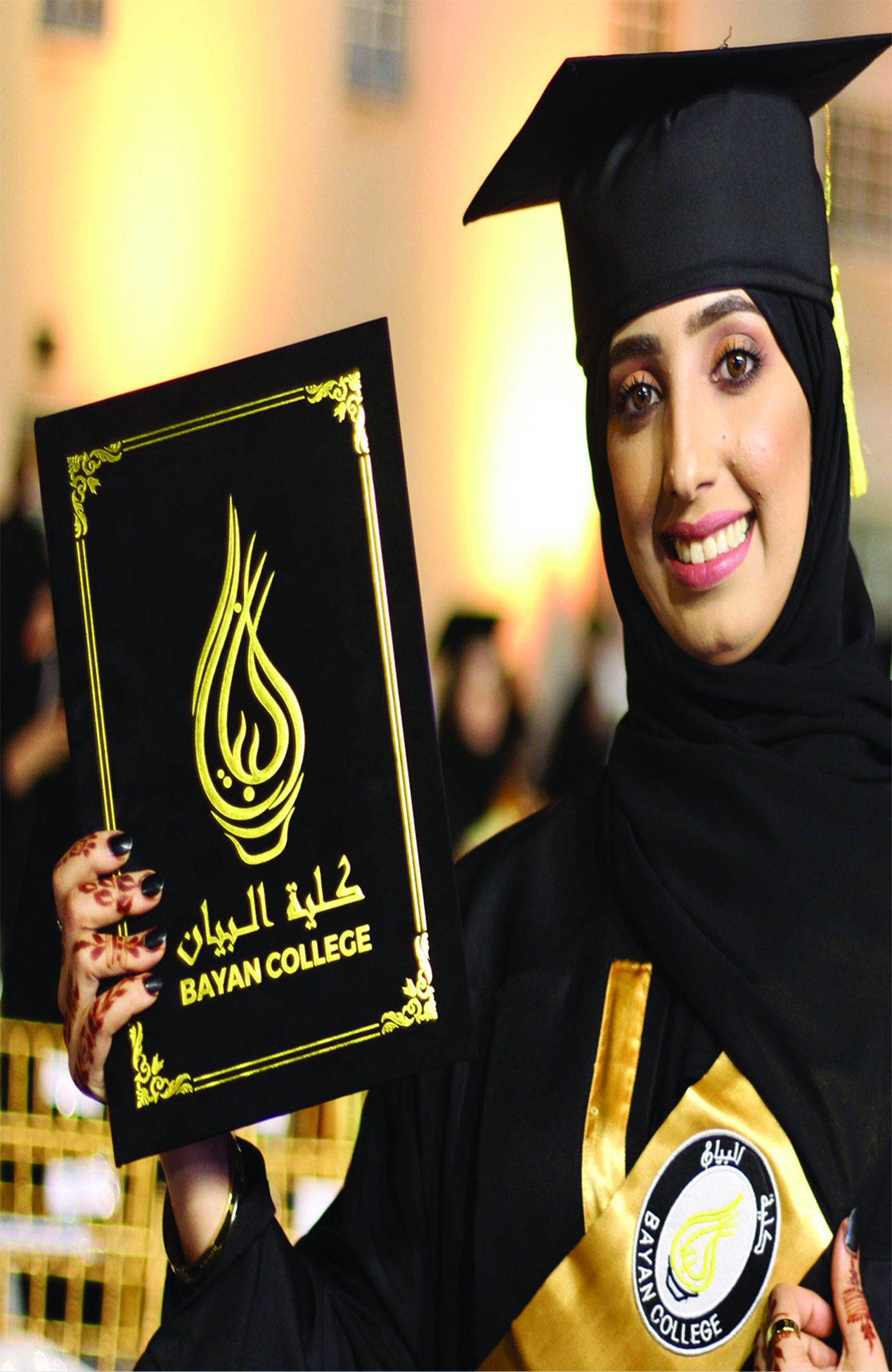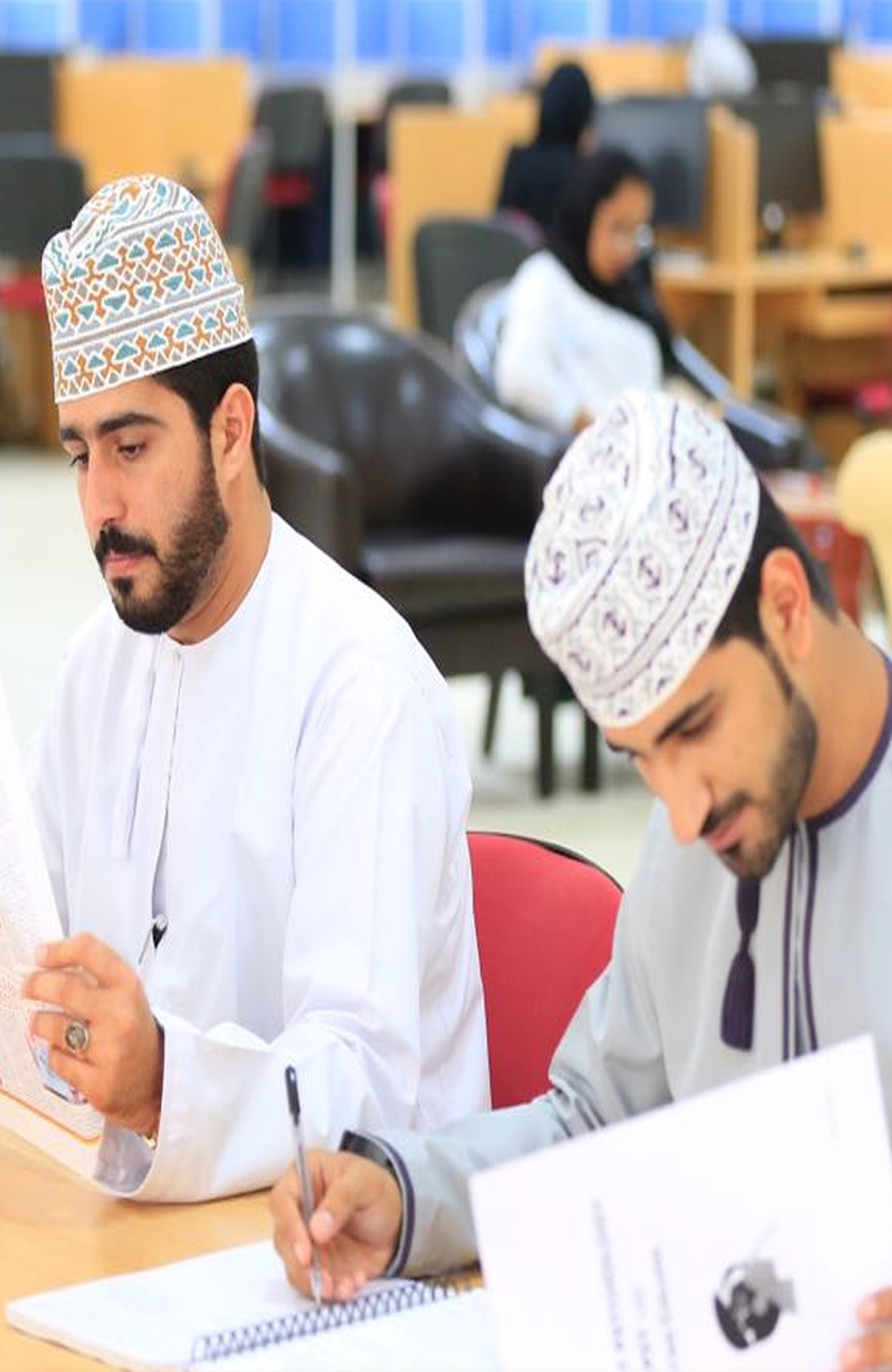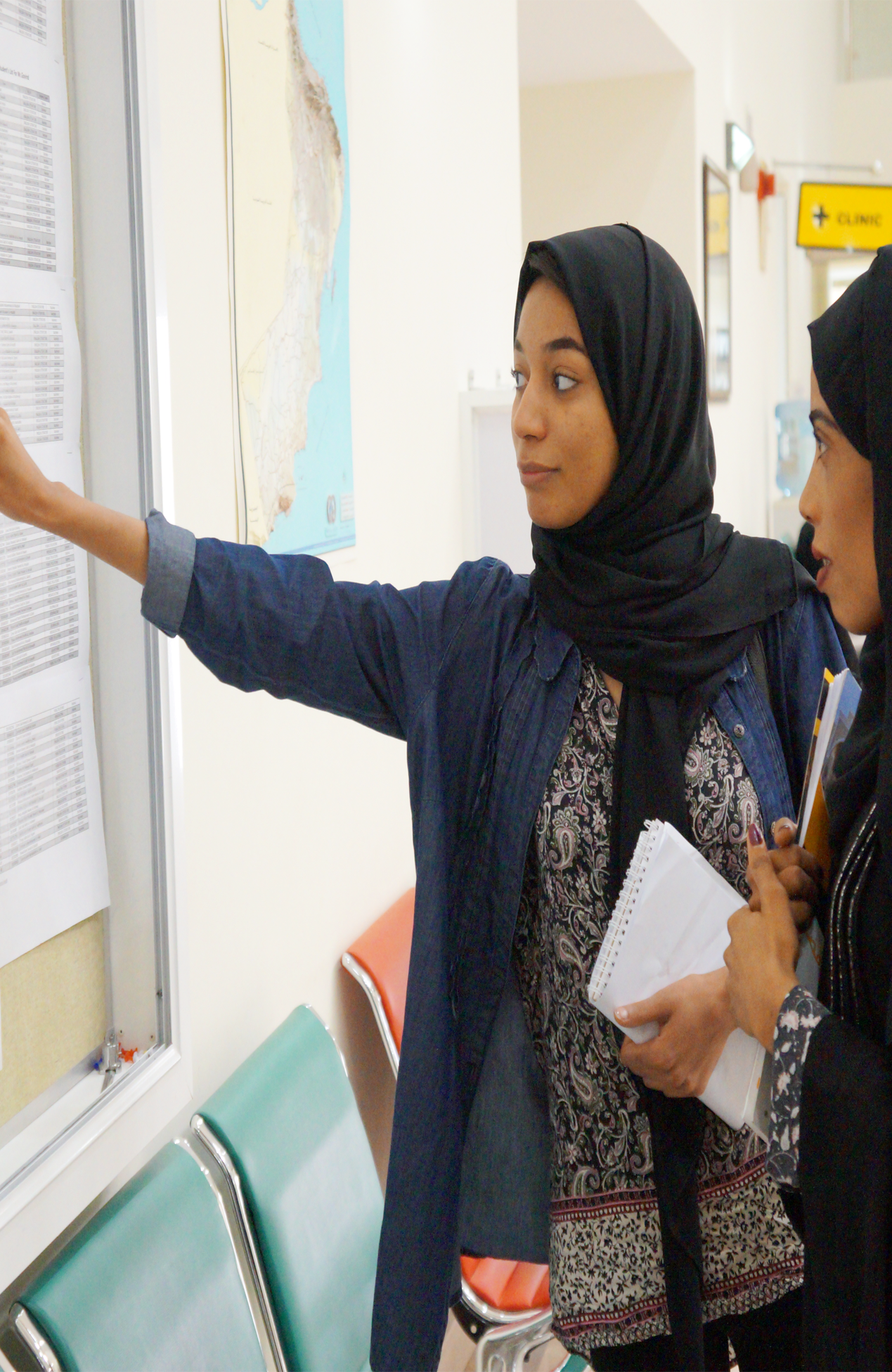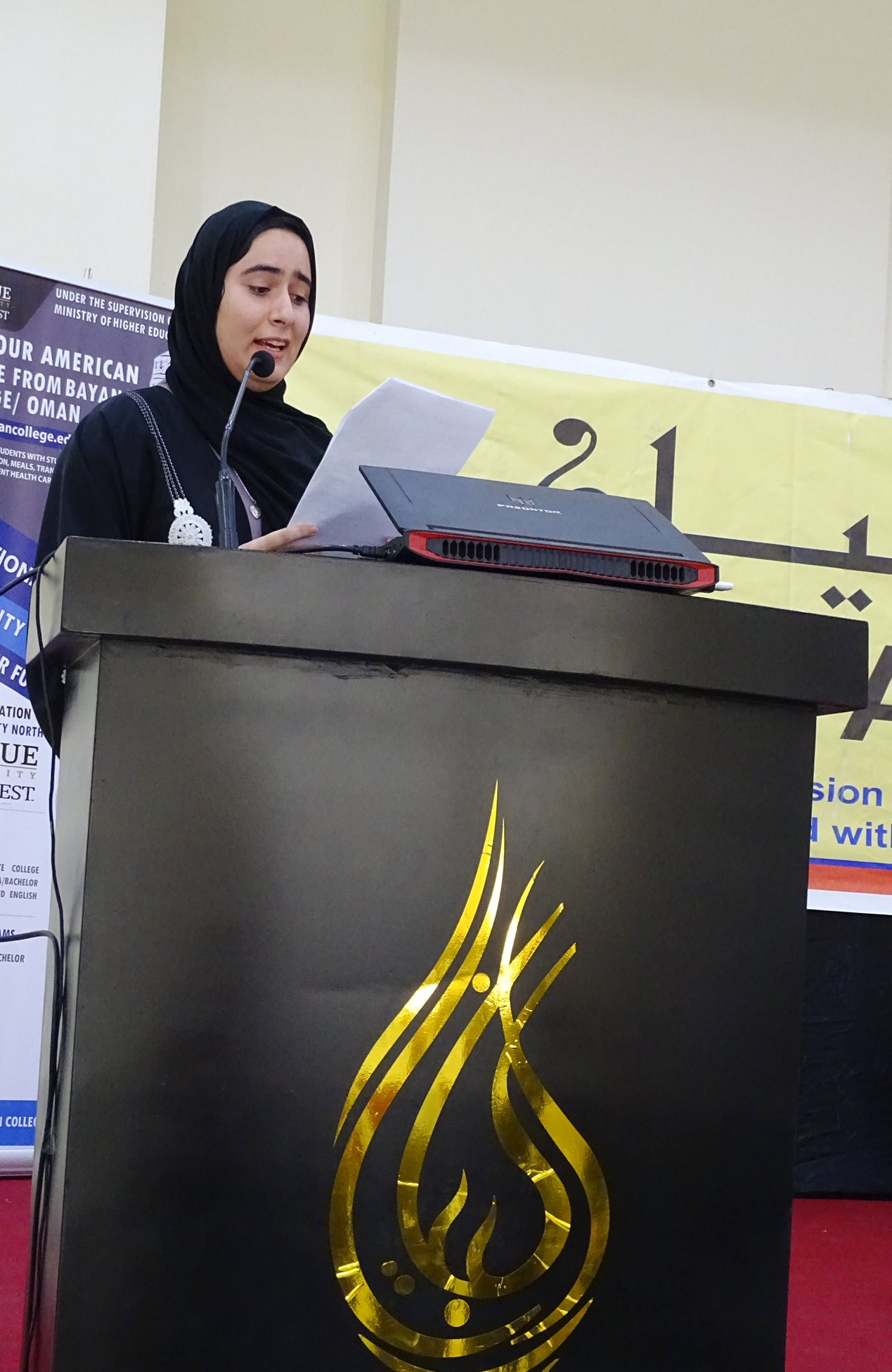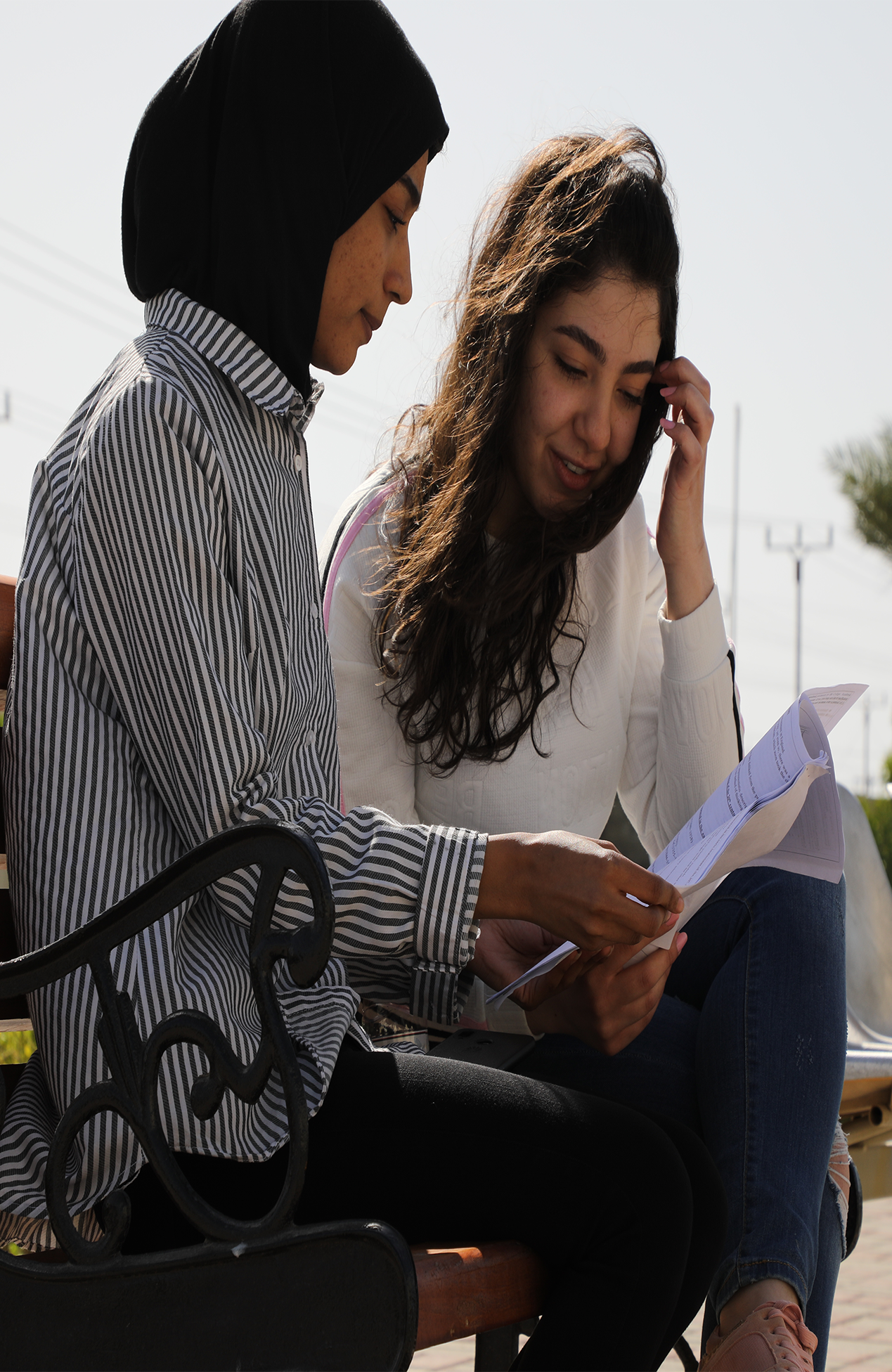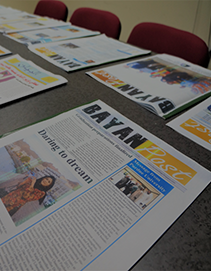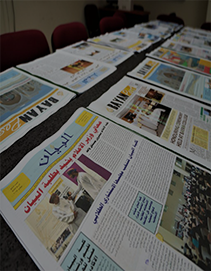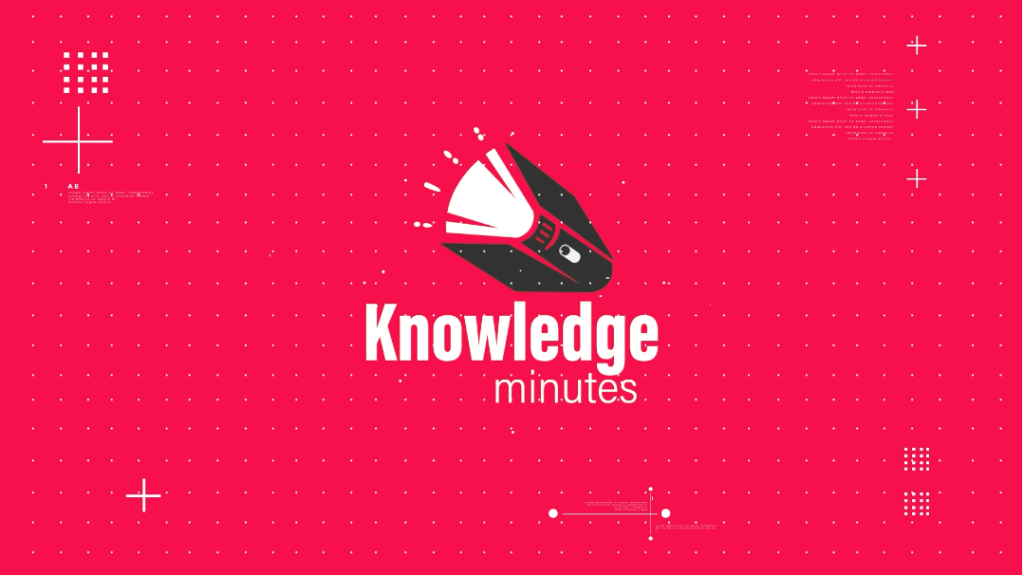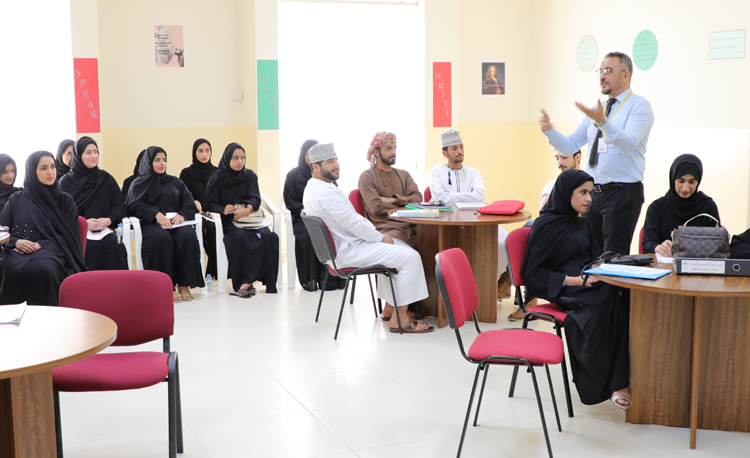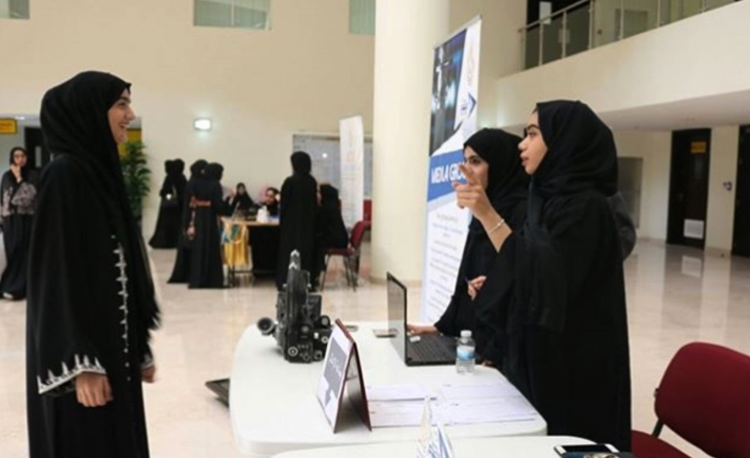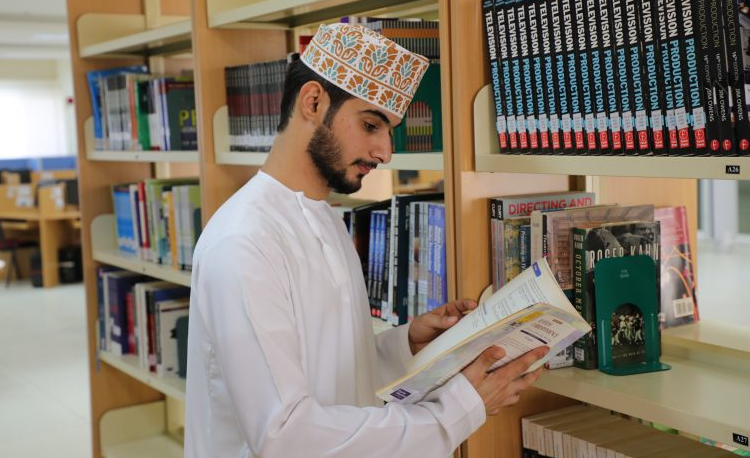Program objectives
The program will maintain the following objectives for student learning:
- Develop sound knowledge in the discipline Students will be able to:
a. gain an understanding of graduate studies in English through debates in literary study, discussions around the formation of and changes in the canon;
b. discern the relationship between imaginative writing and its historical and cultural contexts;
c. enable the students to analyze the social and cultural factors that influence the learning of English language. - Effective communication of thoughts, perspectives and ideas Students will be able to:
a. communicate and present concepts and ideas on language and literature accurately and effectively;
b. write thoughtful and eloquent response papers on a variety of topics, with distinctive voice and style;
c. demonstrate enhanced speaking skills to lead and participate in group discussion and whole class discussion;
d. develop appropriate vocabulary to engage in academic discourse that is relevant to the current trend;
e. write and present conference papers on language and literature;
f. expand and deepen students’ knowledge on a variety of issues and communicate them effectively in academic and non-academic platforms. - Achieve competence in academic reading and writing Students will be able to:
a. critically evaluate sources based on currency, reliability, authority and accuracy;
b. read scholarly articles and be aware of the current issues, theories and developments in the discipline;
c. write analytical/argumentative essays with conceptual clarity exhibiting knowledge on literary and cultural theory;
d. write well-constructed scholarly articles that develop insightful claims supported by sound reasoning and relevant textual evidences;
e. employ effective rhetorical strategies, use relevant theories and methods, apply the rules of English grammar and adhere to the discipline specific formatting and documentation in writing essays and articles;
f. apply research skills and publish scholarly articles on relevant issues. - Problem solving through creative and critical thinking Students will be able to:
a. identify problems in language and literature that need further understanding and investigation;
b. enhance students’ ability to analyze and interpret texts through multiple theoretical perspectives across a range of contexts;
c. develop advanced skills in students to write a research proposal which has a persuasive problem statement with concise description of the issues that need to be addressed;
d. engage in real world issues and create case studies and projects;
e. work independently and creatively. - Research ethics and collaboration Students will be able to:
a. understand the basic principles of academic integrity such as research and authorship, duplicate publication, plagiarism, collaboration, etc.;
b. aware of the concepts such as fabrication fraud, misconduct, fabrication and falsification;
c. understand the cultural differences that may hamper international research collaboration;
d. understand the nature of supervisor-student collaboration that results in publication.
Professional development Students will be able to:
- identify suitable jobs and prepare a job portfolio based on the chosen career;
- gain entry into professional associations and develop themselves professionally by participating in conferences and contributing to journals;
- develop professional adaptability, professional integrity, self-awareness and leadership skills;
- create connections with professionals in the industry as well as business people for learning and career opportunities;
- involve in inter-disciplinary research and collaborative work;
- understand intellectual property rights and give proper credits to the source of the information.
- Develop social and ethical responsibility Students will be able to:
- imbibe ethical and social values such as honesty, hard work, fairness, cooperation and compassion;
- demonstrate an understanding of professional and scholarly ethics;
- develop cultural sensitivity for greater inter-cultural understanding and promotion of social justice;
- involve actively in the local community and identify potential areas where student services may be needed.
Intended learning outcomes
At the completion of the program, the learner will be able to:
- demonstrate sound knowledge in English Language and Literature and critically engage with literary and cultural texts;
- produce thoughtful and eloquent responses on a variety of topics including historical, cultural and contemporary issues and communicate them to both academic and non-academic audiences;
- read and write critically and analytically in a variety of formats including, response papers, literature review, and research papers;
- use problem solving as well as critical and creative thinking to identify pertinent issues in language and literature and offer valid solutions;
- demonstrate an understanding of intellectual property rights and data ownership in both national and international context;
- develop a sense of professionalism and continuously update their knowledge of the profession through life-long learning;
- develop social responsibility and citizenship skills by practicing team building skills and engaging in community service.
